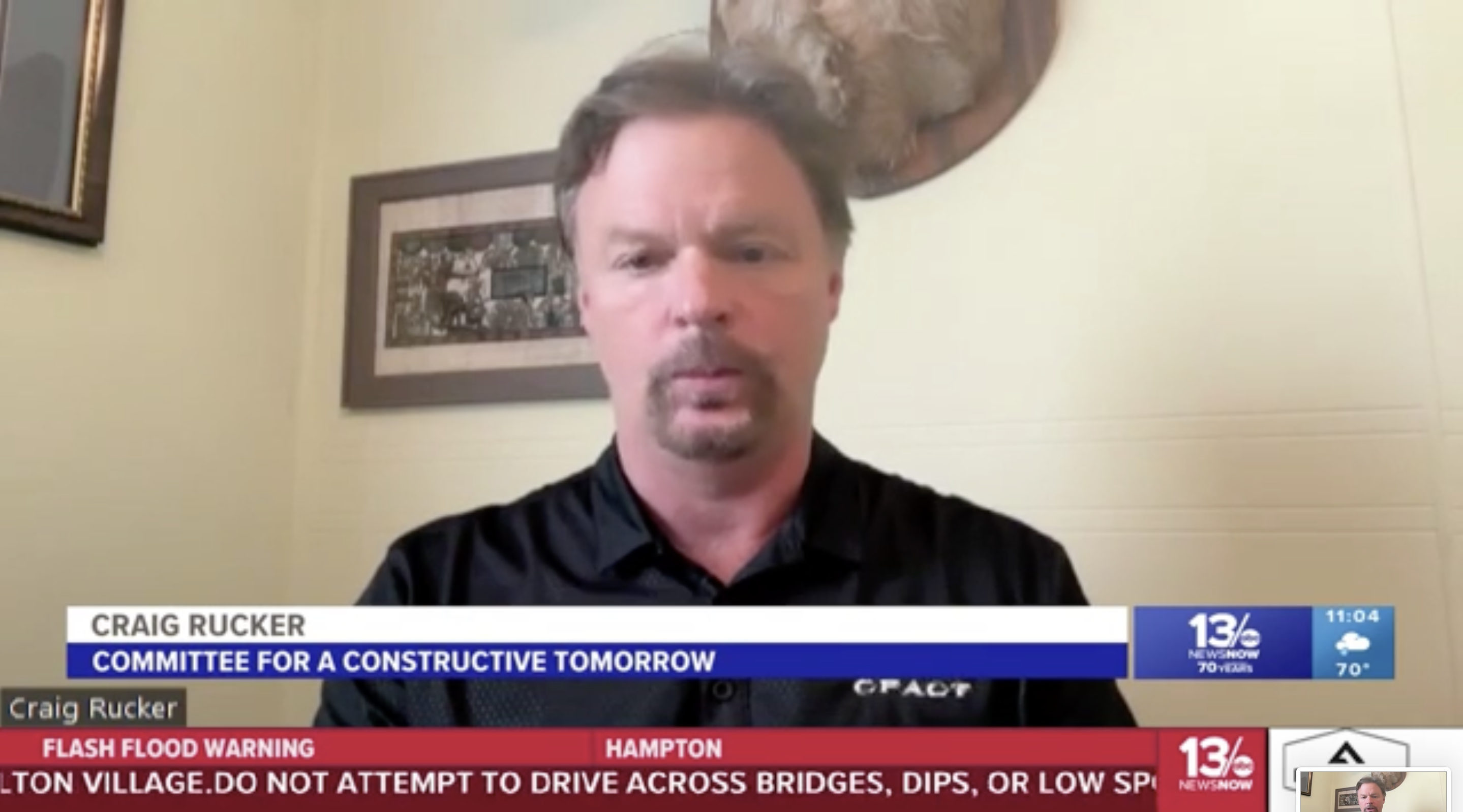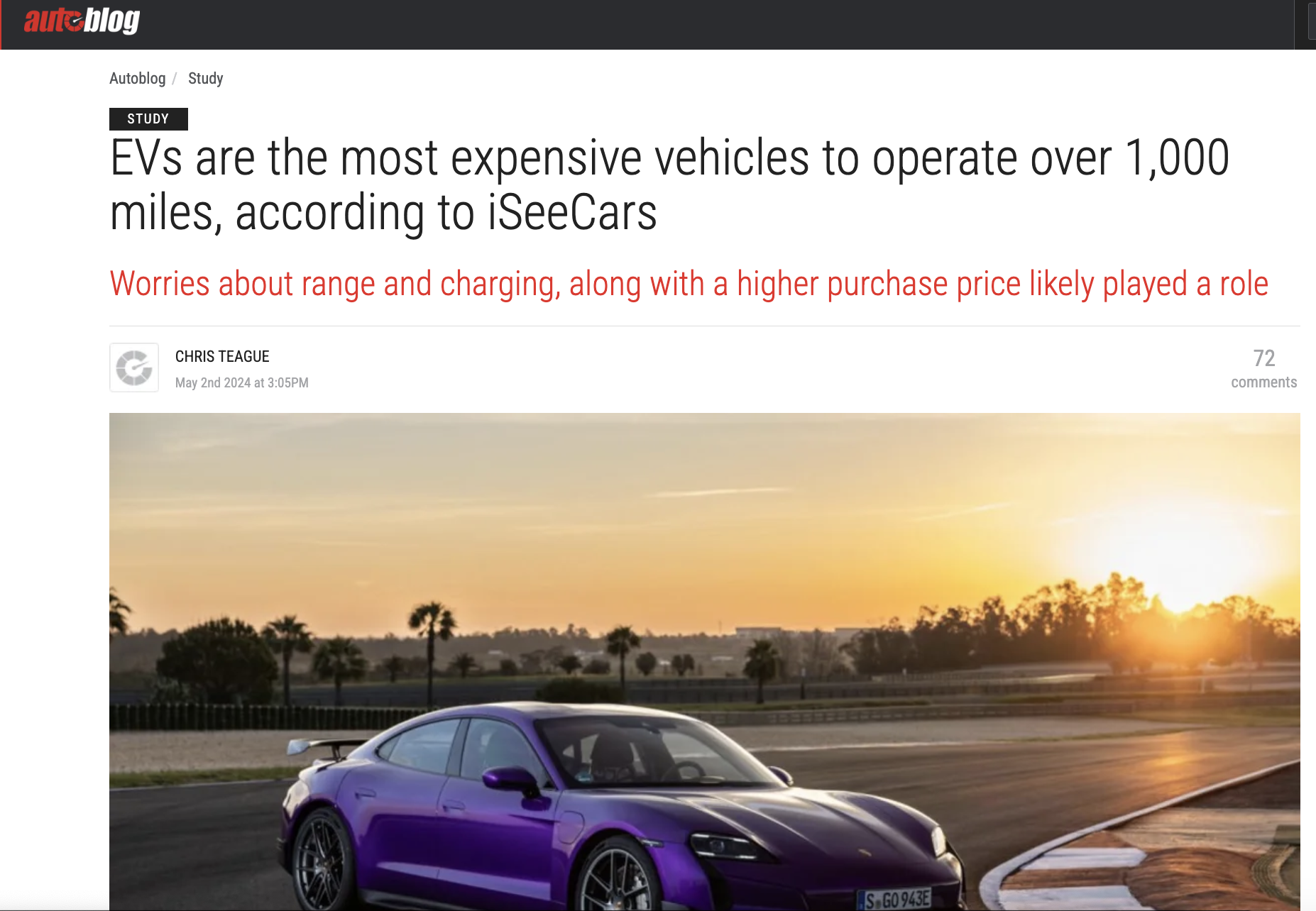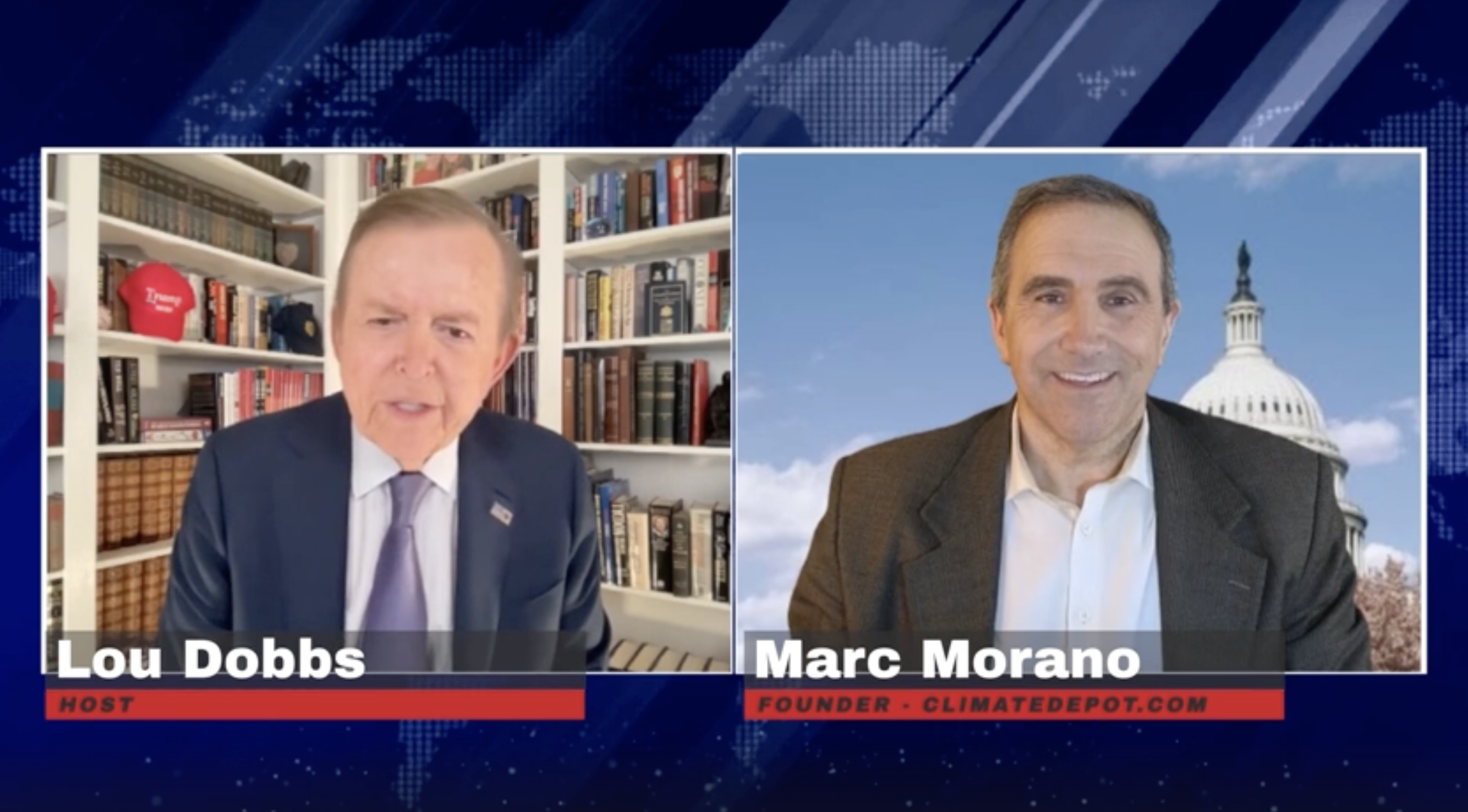#Winning https://t.co/VOdfRzeXxN
— Tom Nelson (@tan123) August 19, 2020
By Greta Thunberg
On Thursday 20 August, it will be exactly two years since the first school strike for the climate took place. Looking back, a lot has happened. Many millions have taken to the streets to join the decades-long fight for climate and environmental justice. And on 28 November 2019, the European parliament declared a “climate and environmental emergency”.
But over these past two years, the world has also emitted more than 80 gigatonnes of CO2. We have seen continuous natural disasters taking place across the globe: wildfires, heatwaves, flooding, hurricanes, storms, thawing of permafrost and collapsing of glaciers and whole ecosystems. Many lives and livelihoods have been lost. And this is only the very beginning.
Today, leaders all over the world are speaking of an “existential crisis”. The climate emergency is discussed on countless panels and summits. Commitments are being made, big speeches are given. Yet, when it comes to action we are still in a state of denial. The climate and ecological crisis has never once been treated as a crisis. The gap between what we need to do and what’s actually being done is widening by the minute. Effectively, we have lost another two crucial years to political inaction.
Last month, just ahead of the European council summit, we published an open letter with demands to EU and world leaders. Since then, more than 125,000 people have signed this letter. Tomorrow we will meet the German chancellor, Angela Merkel, and deliver the letter and demands, as well as the signatures.
…
Our demands include halting all fossil fuel investments and subsidies, divesting from fossil fuels, making ecocide an international crime, designing policies that protect workers and the most vulnerable, safeguarding democracy and establishing annual, binding carbon budgets based on the best available science.
We understand the world is complicated and that what we are asking for may not be easy or may seem unrealistic. But it is much more unrealistic to believe that our societies would be able to survive the global heating we’re heading for – as well as other disastrous ecological consequences of today’s business as usual. We are inevitably going to have to fundamentally change, one way or another. The question is, will the changes be on our terms, or on nature’s terms?
…
So if leaders are not willing to do this, they’ll have to start explaining why they’re giving up on the Paris agreement. Giving up on their promises. Giving up on the people living in the most affected areas. Giving up on the chances of handing over a safe future for their children. Giving up without even trying.
Science doesn’t tell anyone what to do, it merely collects and presents verified information. It is up to us to study and connect the dots. When you read the IPCC SR1.5 report and the UNEP production gap report, as well as what leaders have actually signed up for in the Paris agreement, you see that the climate and ecological crisis can no longer be solved within today’s systems. Even a child can see that policies of today don’t add up with the current best available science.
We need to end the ongoing wrecking, exploitation and destruction of our life support systems and move towards a fully decarbonised economy that is centred on the wellbeing of all people, democracy and the natural world.
If we are to have a chance of staying below 1.5C of warming, our emissions need to immediately start reducing rapidly towards zero and then on to negative figures. That’s a fact. And since we don’t have all the technical solutions we need to achieve that, we have to work with what we have at hand today. And this has to include stopping doing certain things. That’s also a fact. However, it’s a fact that most people refuse to accept. Just the thought of being in a crisis that we cannot buy, build or invest our way out of seems to create some kind of collective mental short circuit.
This mix of ignorance, denial and unawareness is at the very heart of the problem. As it is now, we can have as many meetings and climate conferences as we want. They will not lead to sufficient changes, because the willingness to act and the level of awareness needed are still nowhere in sight. The only way forward is for society to start treating the crisis like a crisis.
We still have the future in our own hands. But time is rapidly slipping through our fingers. We can still avoid the worst consequences. But to do that, we have to face the climate emergency and change our ways. And that is the uncomfortable truth we cannot escape.
• Greta Thunberg is a 17-year-old environmental campaigner from Sweden. This article was co-written with youth climate activists Luisa Neubauer from Germany, Anuna de Wever from Belgium, and Adélaïde Charlier from Belgium




